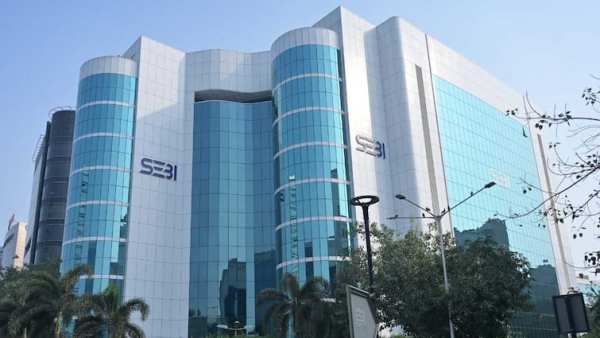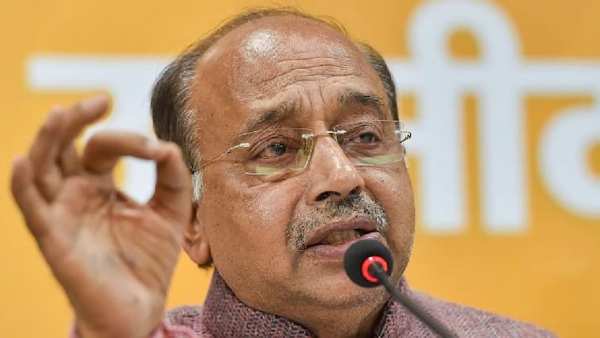
Quietly tucked away in a corner of Vijay Goel’s office at the Gandhi Smriti Museum, lies a file labelled ''Emergency'' -- a personal archive of pamphlets and letters from a turbulent time in Indian history.
"I have kept this file safely," Goel says, glancing at it. "Lest a dictator come again and impose Emergency." The former union minister, who was then a student at Delhi University’s Shri Ram College of Commerce, was jailed for nearly six months in Tihar during the Emergency, imposed on June 25, 1975, by then Prime Minister Indira Gandhi.
His father, Charti Lal Goel, a senior Jan Sangh leader, was arrested the same day and spent 19 months in Ambala Jail.
"When the Emergency was declared, some police personnel knocked on our door at night. As they came to arrest my father, we assumed it was because he was involved in protests against Gandhi and the Congress. We thought they would arrest him and release him in a few days," he recalled.
But the next morning, they learnt that Emergency had been declared in the country. However, even till that time, Goel said they were still unaware about the true ramifications of the word.
"It was the first time it happened in India. We were student leaders at Shri Ram College of Commerce, so we immediately gathered and decided to oppose it," he added.
The late Arun Jaitley was the university president at that time.
Goel said senior journalist Rajat Sharma and he were closely involved in organising early protests, including the first major one at Delhi University.
"Jaitley was arrested soon after followed by more arrests. But at that point, no one fully understood how dangerous the Emergency really was," he said.
Goel said they later received word from their party that mass arrests had begun across the country. The same night, several senior national leaders -- including Atal Bihari Vajpayee, Lal Krishna Advani, Jayaprakash Narayan, and Murli Manohar Joshi -- had also been taken into custody, coinciding with the arrest of his father.
"In the next few days, we came to understand what Emergency meant. So, we went underground," he reminisced.
Fueled by the same passion one might associate with the freedom struggle, Goel said they attended college during the day and carried out underground resistance activities by night.
"Rajat Sharma and I were very close. We used to distribute leaflets. We printed them cyclostyle and distributed them in coffee houses and among students. We were constantly hiding," he said.
Opening the old file, Goel showed photographs of the pamphlets they secretly printed and circulated.
"My father had been sent to Ambala Jail under the Maintenance of Internal Security Act (MISA). After his arrest, we realised he wouldn’t be released anytime soon. However, everyone in my family -- my mother, brothers -- encouraged me to keep going," he said.
Recalling jumping across terraces to escape police once, Goel said he could have even fallen and died.
"But we had the courage of youth. We were fighting against laws that crushed freedom of expression, imposed censorship, led to mass arrests, tortured people in jails, and even denied citizens access to the courts," he added.
The senior BJP leader recalled how they constantly changed hideouts and often slept outdoors to stay ahead of the police.
Eventually, party leaders advised those involved in underground activities to surrender, he said, adding that Rajat Sharma had already been arrested and beaten but refused to reveal Goel’s whereabouts.
On December 9, 1975, Goel and others staged a protest at Law Faculty Chowk.
"We climbed onto the thatched roof of a coffee house and shouted slogans -- Bharat Mata Ki Jai, Hatao Emergency. The police hesitated to climb, fearing the roof would collapse. But they arrested us eventually," he said.
"I was sent to Tihar Jail and was lodged in Barrack Number 13 under Defence of India Rules," he said, about the place which was his home for the next six months.
He said inmates often protested the poor quality of food by banging plates -- and they were beaten for it. "Sick inmates were denied parole. But the torture in police stations was even worse than in jail," he added.
To maintain morale high, inmates organised poetry, painting, and badminton competitions and held discussions. "We encouraged one another -- it helped us stay mentally strong," he said.
Goel recalled that L.K. Advani was lodged in Ambala Jail for a while, and members from both their families would occasionally travel together to visit.
"I once gave my father a calendar showing Indira Gandhi behind bars -- he was worried it might land me in trouble!" Goel said while laughing.
Flipping through the pages of the file, Goel pointed to letters he had written to his father.
"My letters from Tihar reached him in Ambala -- censored, of course. We had to write in coded language. Family visits weren’t always possible. It was emotionally tough," he said.
Despite the tough conditions, Goel said jail life instilled discipline and even improved his health since the sleeping and eating hours were regulated.
"I got to meet senior leaders who shared stories of the freedom struggle," he said, adding that that time became a kind of political training.
"I was already active in student politics as the joint secretary of my college, but the Emergency was our real test. Many were afraid to go to jail -- we weren’t. That made us stronger," he added.
He later was elected Delhi University Students Union (DUSU) president. Prime Minister Morarji Desai had inaugurated the union office -- he said recalling that it was the only time a prime minister did that.
"Emergency shattered countless lives," Goel said.
People were tortured in horrific ways -- their hair and nails pulled were out, they were hung on blocks of ice, women were harassed, he added.
"Many went hungry but didn’t surrender. It was a dark time that left deep scars,” Goel said.
He emphasised that June 26 is always remembered. "Sometimes, we also visit Tihar Jail on that day -- to remember and reflect on what was endured," he added.
(This report has been published as part of the auto-generated syndicate wire feed. Apart from the headline, no editing has been done in the copy by ABP Live.)
-
Rishabh Pant Could Become No. 1 Wicketkeeper-Batter In Tests
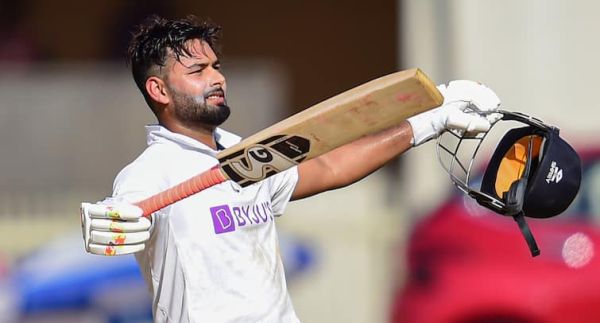
-
Ganguly Drops Bombshell: VVS Laxman Ignored Him For 3 Months
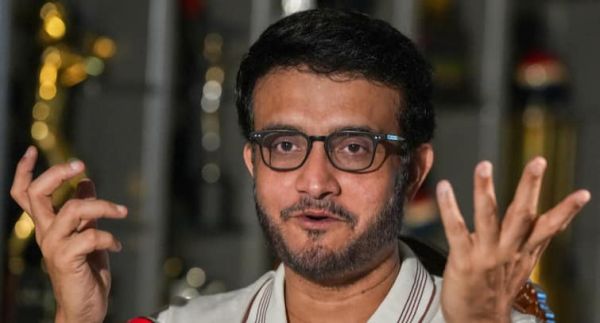
-
EPFO Adds 19.14 Lakh Members In April, Youth And Women Drive Growth
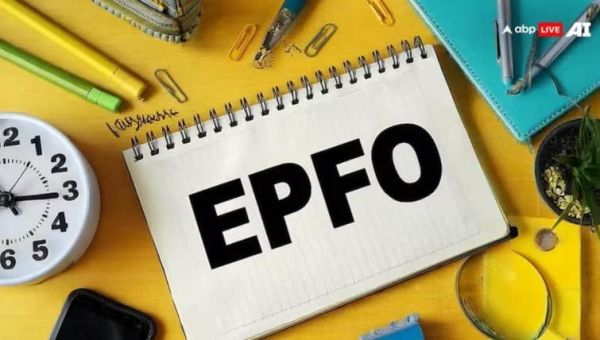
-
Air India Suspends Flight Network On 3 Routes, Lowers Frequency On 19 — Check If Your Route Is Affected
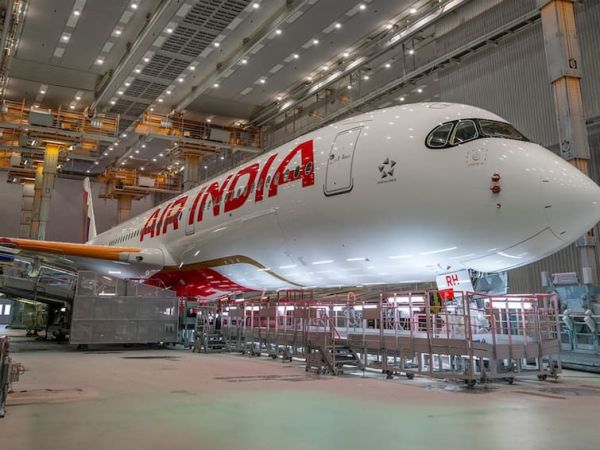
-
Sebi Penalises IAGF, Essel Finance, And Key Executives Over AIF Compliance Lapses
